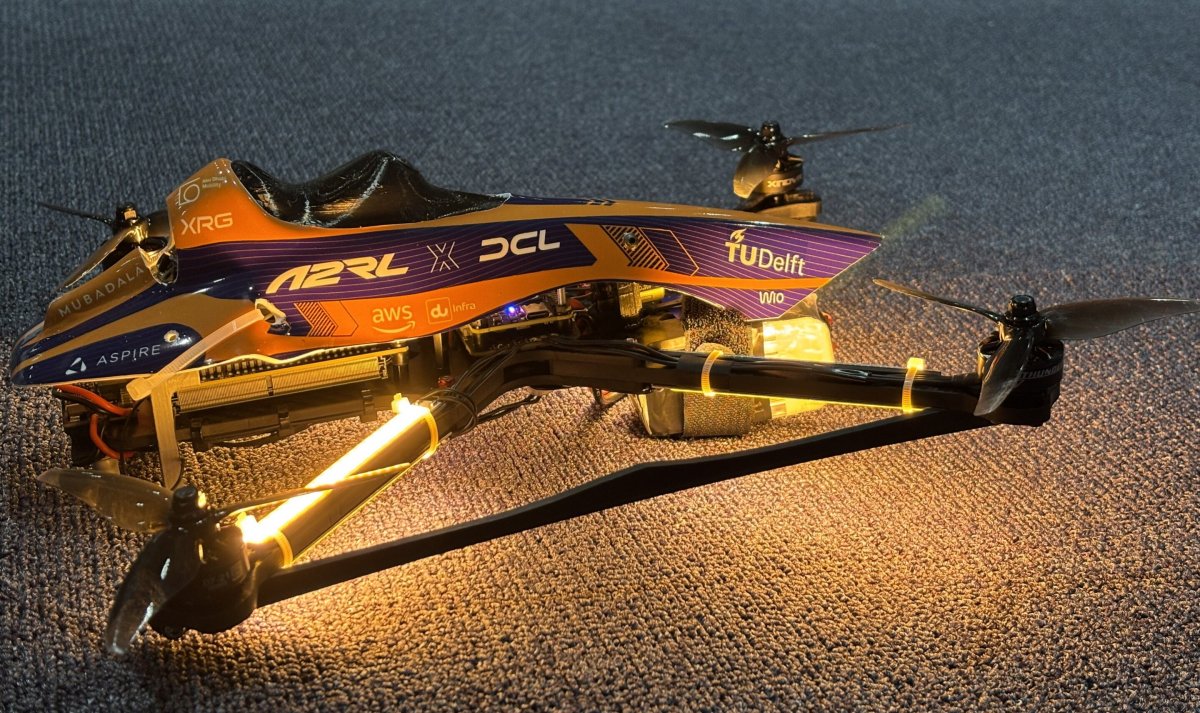Fullmoonfever
Top 20
Oh...they know about us obviously.Like I've mentioned many times before... what ever happened to Dell (I think it was) who were on our 6th or so podcast.
Would say we are in the mix in the background if this patent is anything to go by.
My previous post below has links to earlier info (2022) from a Director at Dell China Research Institute also mentioning us.

BRN Discussion Ongoing
How do we know Sean was going to South Korea on the way home? Did he say that? mentioned southeast Asia
 thestockexchange.com.au
thestockexchange.com.au



